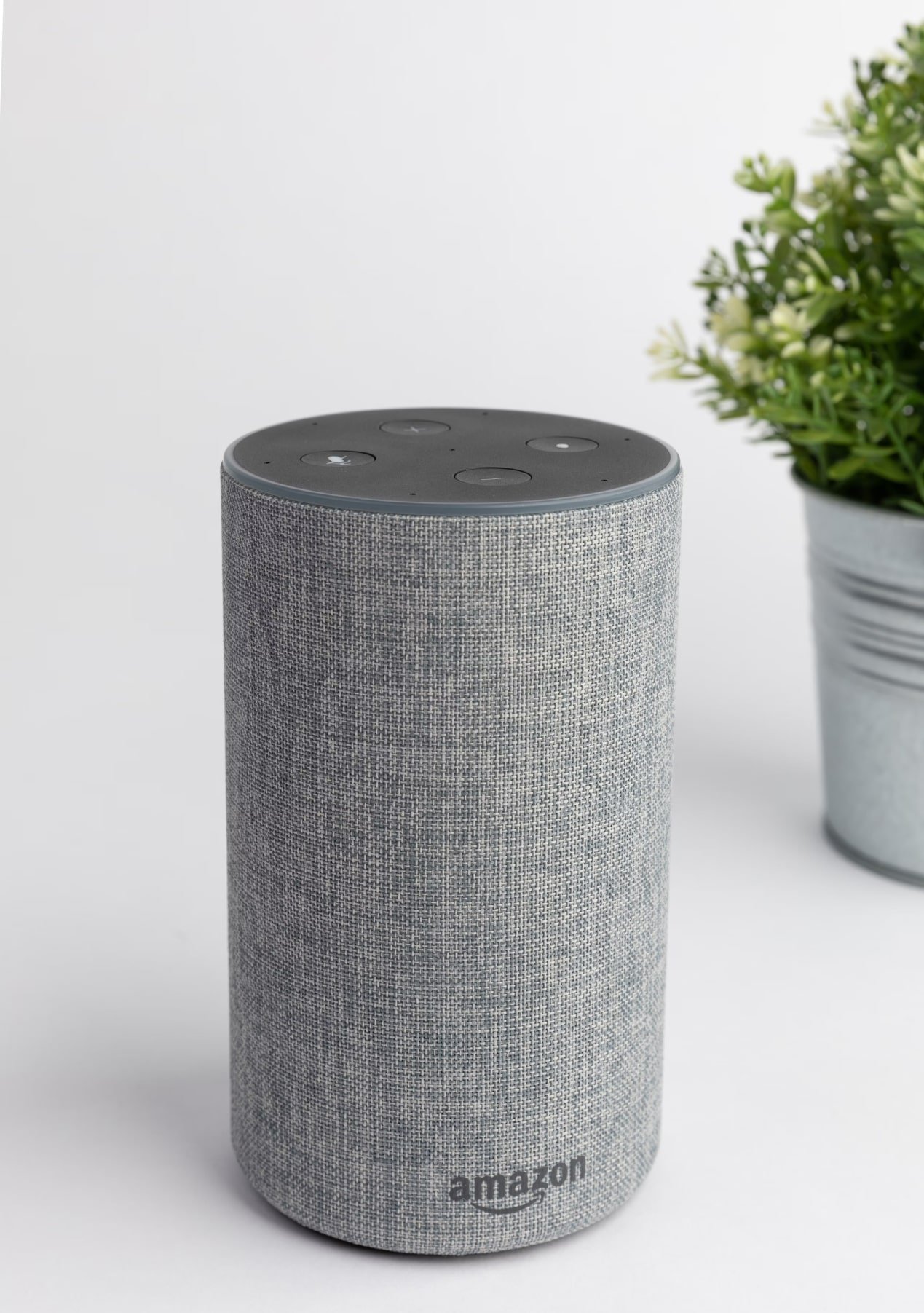As we journey through 2024, the tech landscape continues to evolve at a breathtaking pace. Innovations that seemed like science fiction a few years ago are now becoming integral parts of our daily lives. Here are some of the most compelling tech trends to keep an eye on this year.
Artificial Intelligence and Machine Learning
AI and machine learning are not new, but their applications are expanding rapidly. In 2024, we can expect AI to become even more integrated into various sectors such as healthcare, finance, and customer service. AI-driven tools are improving decision-making processes, enhancing user experiences, and automating routine tasks. The rise of generative AI models, which can create content, design, and even software, will continue to push boundaries.

Quantum Computing
Quantum computing holds the promise of solving complex problems beyond the reach of classical computers. In 2024, we anticipate significant breakthroughs in quantum hardware and software. Industries such as cryptography, material science, and pharmaceuticals will start leveraging quantum computing for real-world applications, though widespread commercial use is still on the horizon.
5G and Beyond
The rollout of 5G networks is accelerating, providing faster and more reliable internet connections. This technology will unlock new possibilities in areas like IoT, smart cities, and autonomous vehicles. Looking forward, research into 6G technology is gaining momentum, promising even greater speeds and capabilities.
5G Tech is the Future - Advantages
5G technology is revolutionizing the way we connect, communicate, and interact with the digital world. As the next generation of mobile networks, 5G offers numerous advantages over its predecessors, promising to transform industries and improve our daily lives. Here are some of the key advantages of 5G technology:
- Faster Speeds: 5G networks provide significantly faster data transfer speeds compared to 4G. With peak speeds potentially exceeding 10 Gbps, users can download large files, stream high-definition videos, and engage in real-time gaming with minimal lag. This speed enhancement supports a smoother and more efficient user experience.
- Lower Latency: Latency refers to the time it takes for data to travel from its source to its destination. 5G technology reduces latency to as low as 1 millisecond, enabling near-instantaneous communication. This is crucial for applications requiring real-time responsiveness, such as autonomous vehicles, remote surgery, and augmented reality (AR).
Economic Growth and Innovation
Further enhancements included the integration of personalized shopping experiences and advanced analytics. By leveraging data-driven insights, ShopSmart was able to tailor product recommendations and marketing campaigns to individual customer preferences, significantly increasing engagement and conversion rates.
The introduction of a loyalty program and exclusive member benefits also contributed to improved customer retention. Moreover, ShopSmart adopted a mobile-first approach, ensuring that the website was fully responsive and provided a seamless shopping experience across all devices.

ShopSmart's redesign and optimization have significantly enhanced the user experience, driving engagement, conversion rates, and sales, while setting a new standard for online retail excellence.
The capabilities of 5G networks enable the development and deployment of emerging technologies such as augmented reality (AR), virtual reality (VR), and extended reality (XR). These technologies can deliver immersive experiences and open up new possibilities in fields like education, entertainment, and remote work.

Conclusion
The advantages of 5G technology extend far beyond faster internet speeds. By providing lower latency, increased capacity, enhanced reliability, and support for emerging technologies, 5G is set to transform industries and revolutionize how we live and work. As 5G networks continue to roll out globally, we can expect to see a wave of innovation and economic growth driven by this groundbreaking technology.








